Committing to Your Mental Health this Year
In the past 5 years, our world has gone through a global pandemic, introduction to remote and hybrid working, increasing discrimination and violence in the media, The Great Resignation, and more. We’ve all been put through the ringer but welcome a new year! Before you wrap up your list of New Year’s Resolutions, we suggest adding one more to your catalog: Prioritizing your wellness this year.
When you wake up with a fever, or fall and injure yourself, your first instinct is to take care of it by seeing a doctor, increasing your fluid intake, or taking a rest. The same immediate action should be taken when your mentality is not 100%. Research has proven that the U.S. employee loses an average of 115 productive work hours each year due to ill health, including mental health issues.
The first step is being mindful of your mind, mental, and energy. We’ve provided various ways and options when looking to take care of your mental health, read below:
1. Find Someone to Talk To
Keeping your thoughts and emotions bottled up has proven to make individuals feel worse, increase stress, and sometimes can lead to physical ailments. Even if you don’t actively have a problem or are not in a stressful situation, finding the right therapist or outlet to release your thoughts will make an enormous difference.
-If you cannot afford a therapist, these online platforms offer therapy services at a lower price:
· Cerebral
2. Listen to Yourself – Take Your Feelings Seriously
If you feel off, or feel you need to take a mental break, trust that what you are feeling is real, and necessary to investigate.
3. Communicate with Your Team or Manager
Your mental health is not taboo, it’s not a secret. Being transparent with your colleagues and leadership is essential to ensure you, the team, or the project does not suffer, and that your leadership can provide you tools and advice on how to move forward.
4. Keep a Journal
Get it out of your head, and onto paper. Journaling helps track your mood over an extended period. It provides an immediate release of what’s on your mind, so you can move on with your day. It acts as an outlet where you can have a candid and honest conversation with…YOU!
Thankfully, our professional world is coming around to emphasizing the importance of mental health and wellness, and its critical function in the workplace. Now, it’s your turn. Do yourself a favor and take care of yourself in every way possible.
If you or a loved one is struggling mentally and are in need of immediate care, please dial 911 or contact 1-800-662-HELP.





